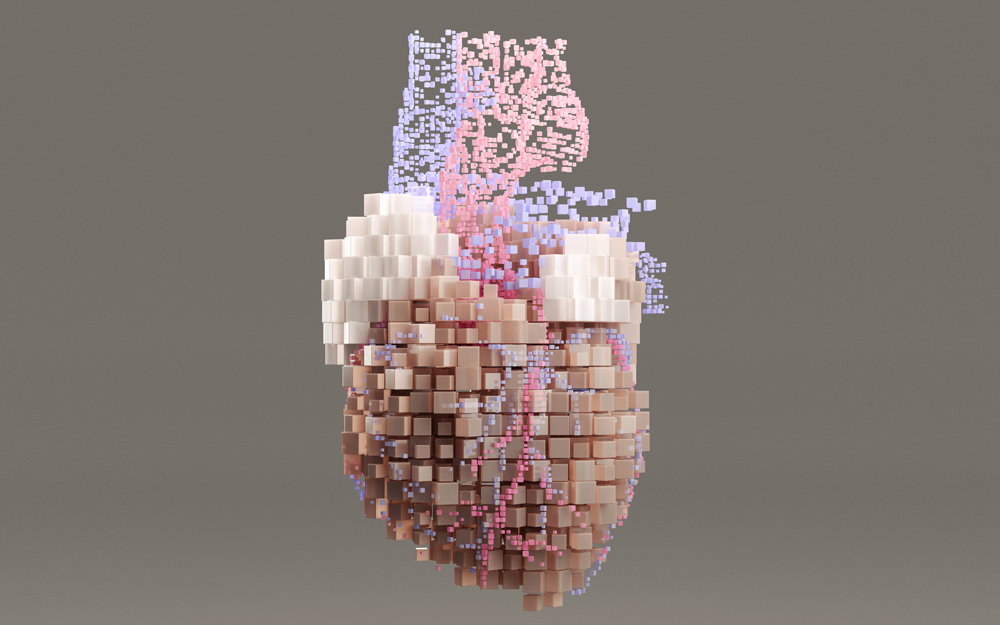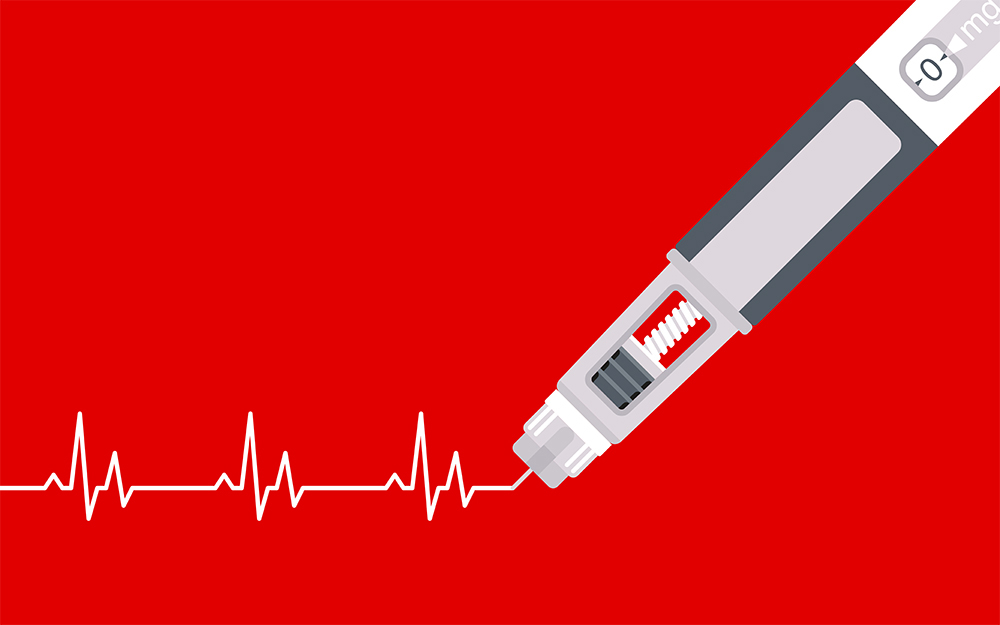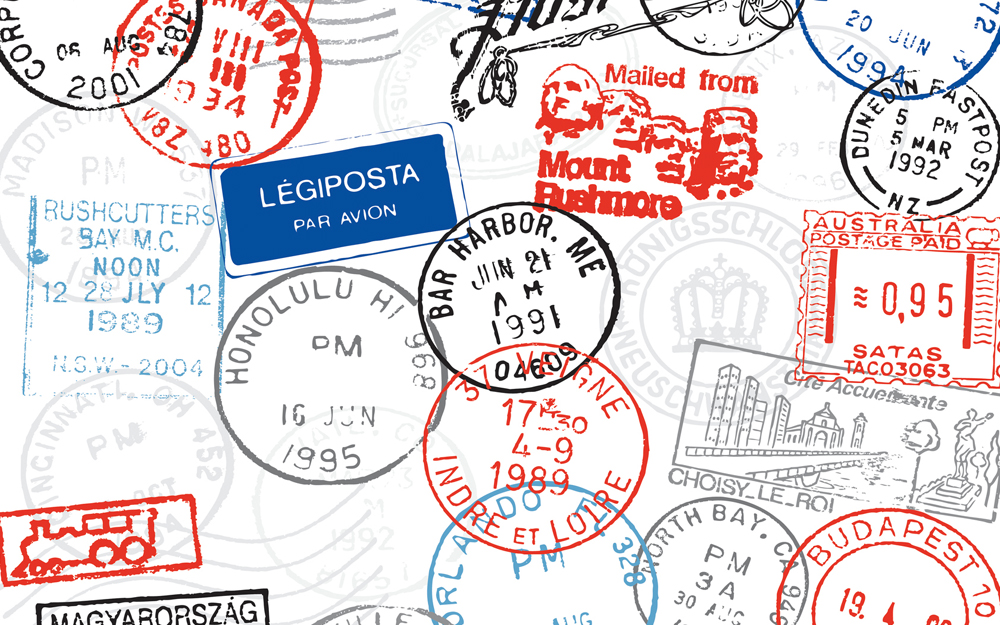A New Partner In Heart Disease Prediction: AI
Date
February 22, 2023
Credits

Date
February 22, 2023
Credits
Medical providers featured in this article

In Brief
{{cta-block}}
Too often, the first sign of heart trouble is serious illness or even death. Doctors and scientists have continued to refine models and methods for predicting heart disease risk, and they have a powerful new partner: artificial intelligence (AI).
Predicting and diagnosing heart conditions can be greatly improved by applying AI tools, according to rigorous Cedars-Sinai studies.
First Blinded, Randomized Clinical Trial of AI in Cardiology
In the first blinded, randomized clinical trial of AI in cardiology, Smidt Heart Institute and Cedars-Sinai Division of AI in Medicine researchers led by cardiologist David Ouyang, MD, found that AI is more successful in assessing cardiac function than echocardiogram assessments made by sonographers. Without knowing whether studies were evaluated by AI or sonographer, cardiologists were asked to evaluate the accuracy of measurements of left ventricular ejection fraction, a metric of cardiac function. Cardiologists were not able to distinguish between AI and sonographer assessments and were less likely to correct measurements done by AI.
AI Assists With Imaging
Investigators led by Damini Dey, PhD, professor of Biomedical Sciences and scientist, developed an AI-based tool that measures plaque buildup in the coronary arteries based on a standard CT test. They also matched results with images taken by two invasive tests considered to be highly accurate in assessing coronary artery plaque and narrowing: intravascular ultrasound and catheter-based coronary angiography. Finally, the investigators discovered—through a multicenter trial—that measurements made by the AI algorithm from CT angiography images accurately predicted heart attack risk within five years.
Further they used AI to combine the measured image parameters from the standard CT test to identify patients who are at higher risk of coronary blockages, allowing doctors to recommend interventions that could prevent chest pains and heart attacks.
AI to Predict Sudden Cardiac Arrest
Sumeet Chugh, MD, has spent much of his career studying the most lethal of heart disease problems: sudden cardiac arrest. He and his team, who have been working in the community for more than two decades, discovered a novel scoring system that sums up a person’s risk of ventricular fibrillation. They have now embarked on the Observational Study of Cardiac Arrest Risk, or OSCAR, which will study nearly 400,000 Los Angeles County residents. These large collections of clinical data are being analyzed with AI tools to validate and improve our ability to predict who is at risk of a fatal cardiac arrest.
"By the time someone collapses from cardiac arrest and 911 has been dialed, it is too late for 90% of people," says Dr. Chugh, director of the Center for Cardiac Arrest Prevention, the Pauline and Harold Price Chair in Cardiac Electrophysiology Research, and director of the Division of Artificial Intelligence in Medicine at Cedars-Sinai. "The way we predict and prevent cardiac arrest now is not sustainable. AI can help us build a better prediction model that will quickly get interventions to the people who really need them and save lives."





